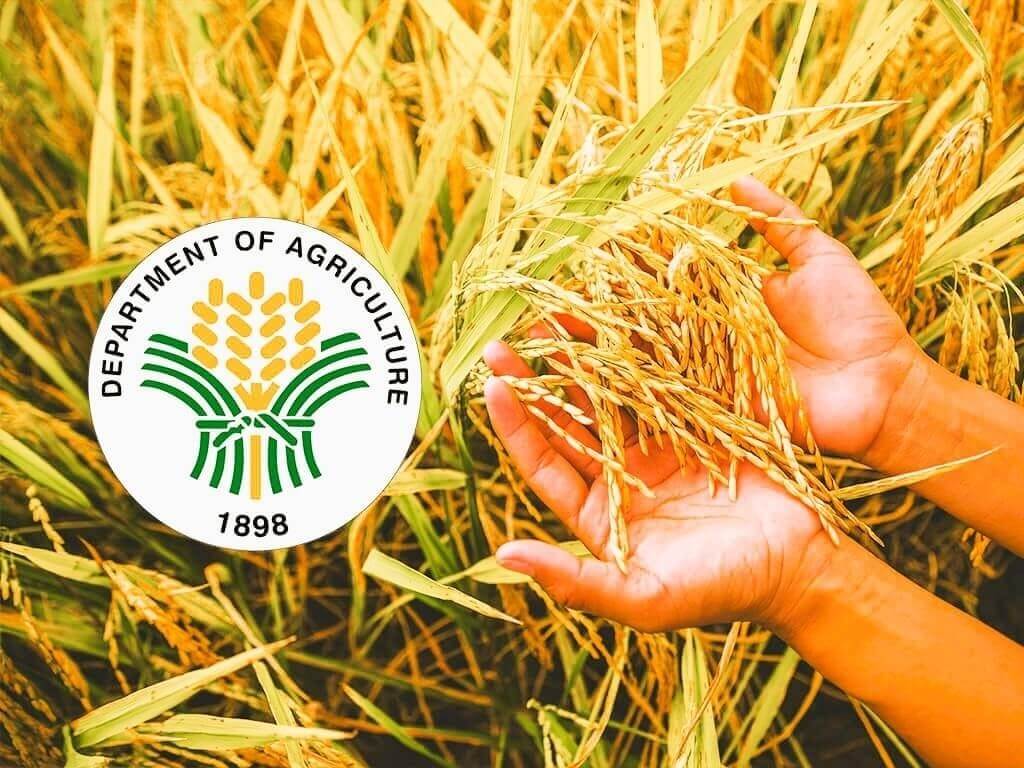

Agriculture Secretary Francisco P. Tiu Laurel Jr. on Wednesday said President Ferdinand Marcos Jr. had instructed the Department of Agriculture (DA) to prepare the necessary orders to prolong the import freeze.
“The duration of the import freeze and the possible increase in taxes on imported rice will be determined once we have more accurate data on supply and prices of palay at the farm gate,” Laurel said after his meeting with the President.
The current suspension, which began on Sept. 1 and is scheduled to end on Nov. 2, was initially imposed to shield farmers from falling palay prices triggered by an influx of cheaper imported rice.
Farmers under pressure
Palay prices had briefly rebounded from a low of P8 per kilo to about P14, before dropping again as the main harvest season began. The decline has been further worsened by heavy rains linked to La Niña, which adversely affected grain quality and squeezed farmers’ incomes.
Farmer groups have long warned that liberalized rice imports undermine local production, discouraging farmers from planting during harvest cycles. The government hopes that extending the freeze and raising tariffs will help stabilize palay farm-gate prices and offer producers a stronger safety net.
Balancing food security and protection
While the government is pushing to protect farmers, economists and consumer groups are watching closely for potential impacts on rice affordability. The Philippines, one of the world’s top rice importers, relies heavily on overseas supply to keep market prices stable.
Officials said the final details of the extended suspension and tariff adjustments will depend on the DA’s ongoing assessment of local harvest volumes and consumer demand in the coming months. —Ed: Corrie S. Narisma